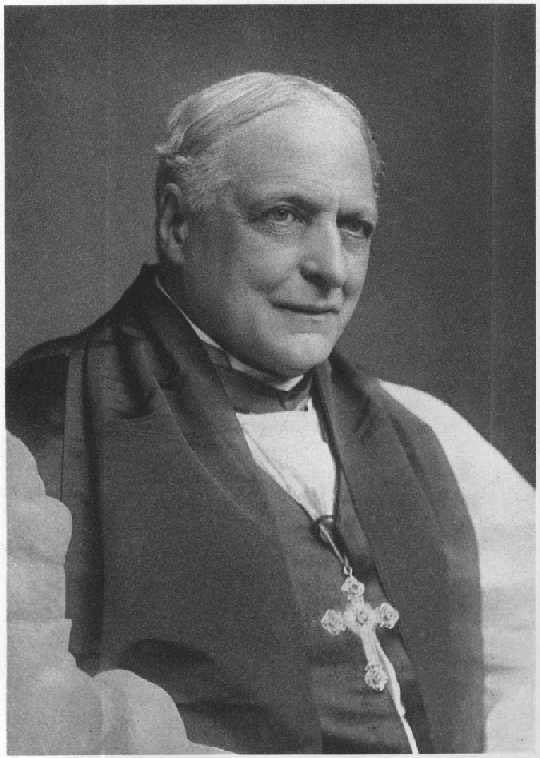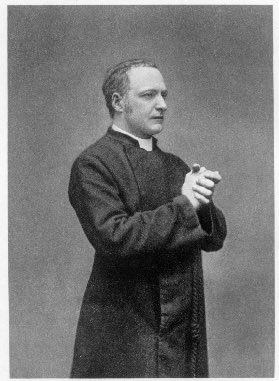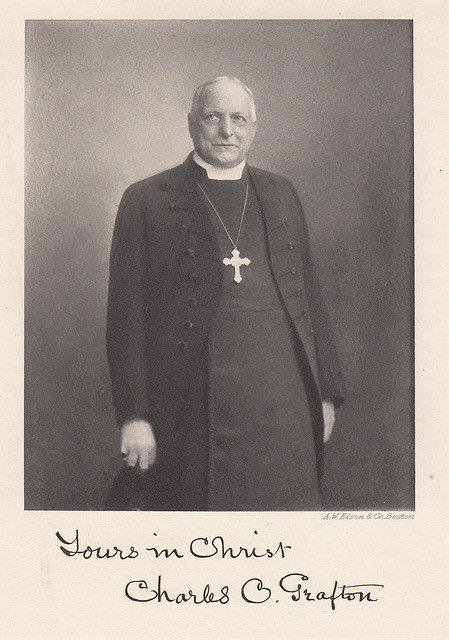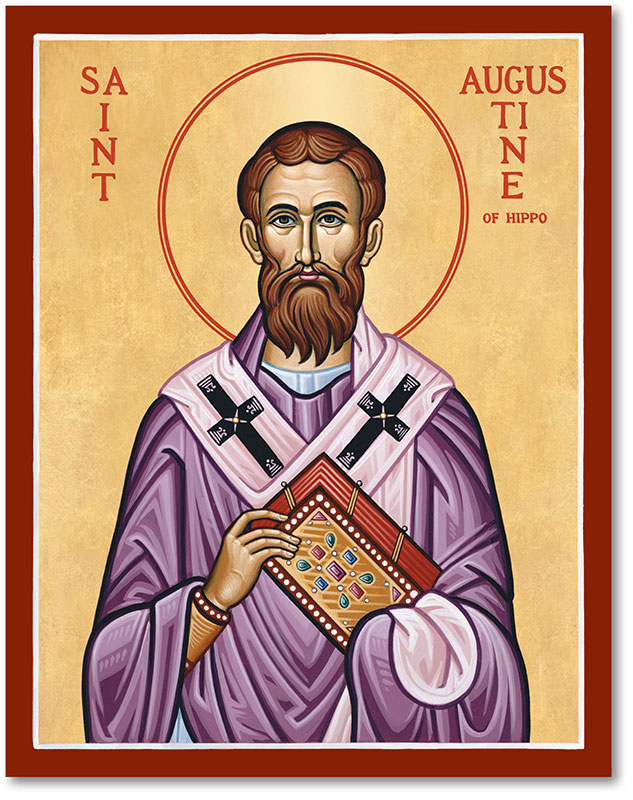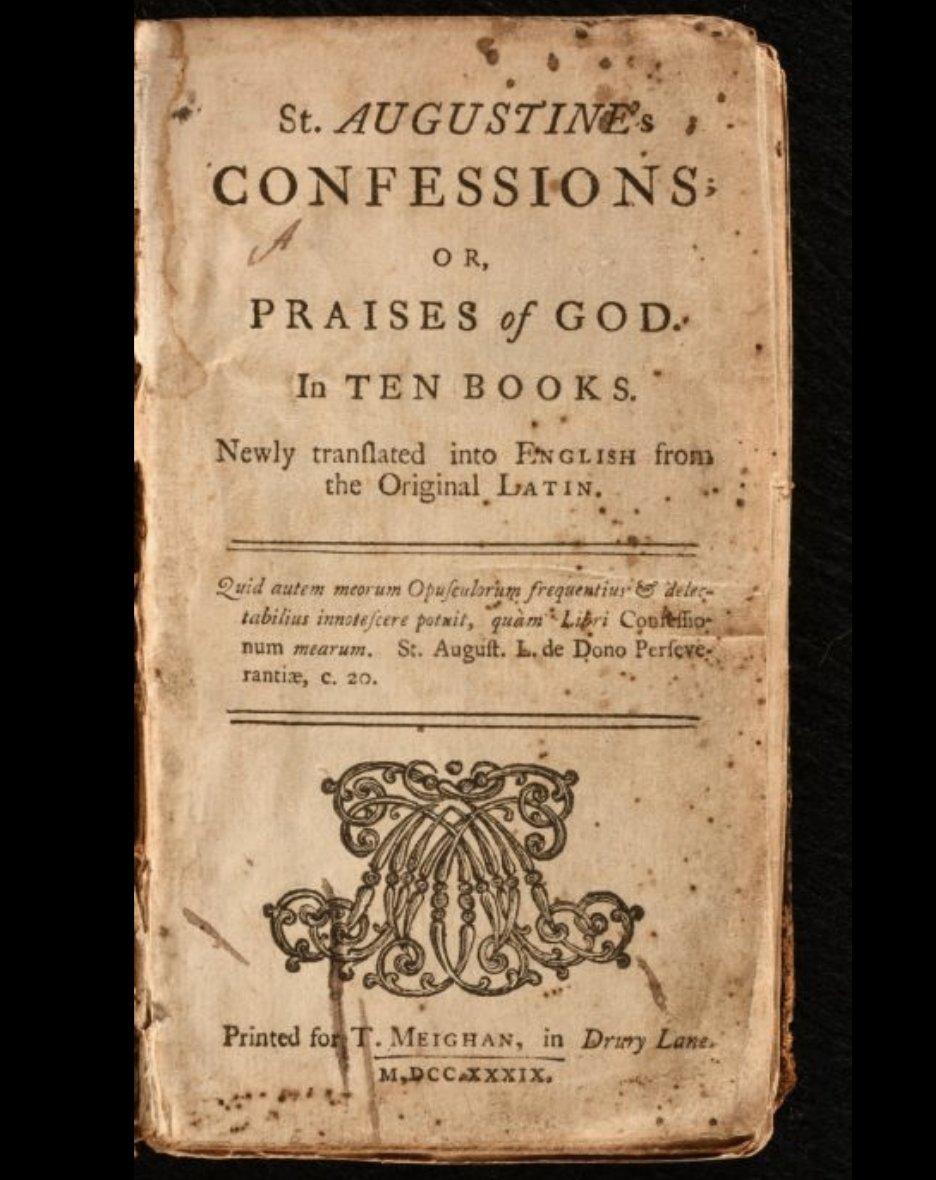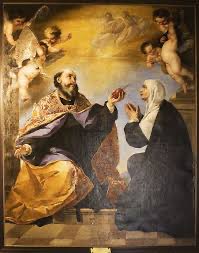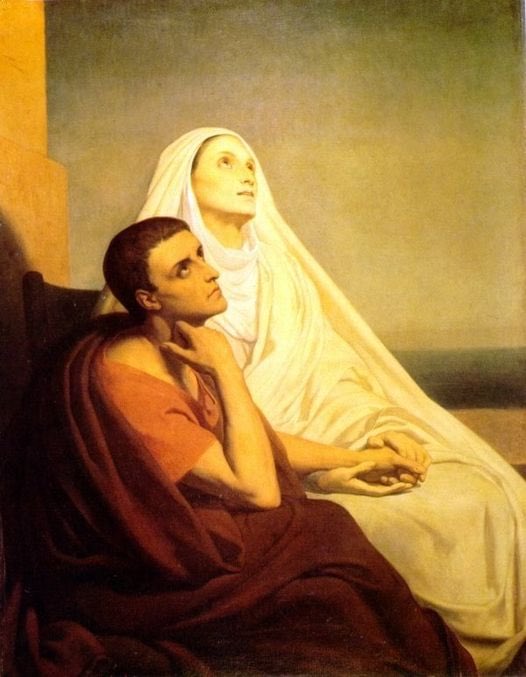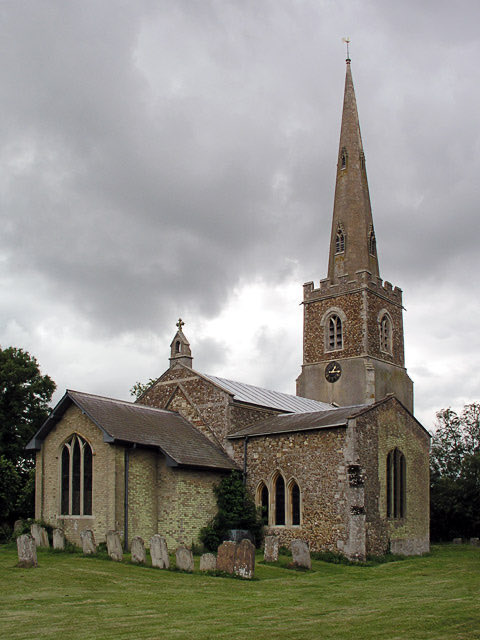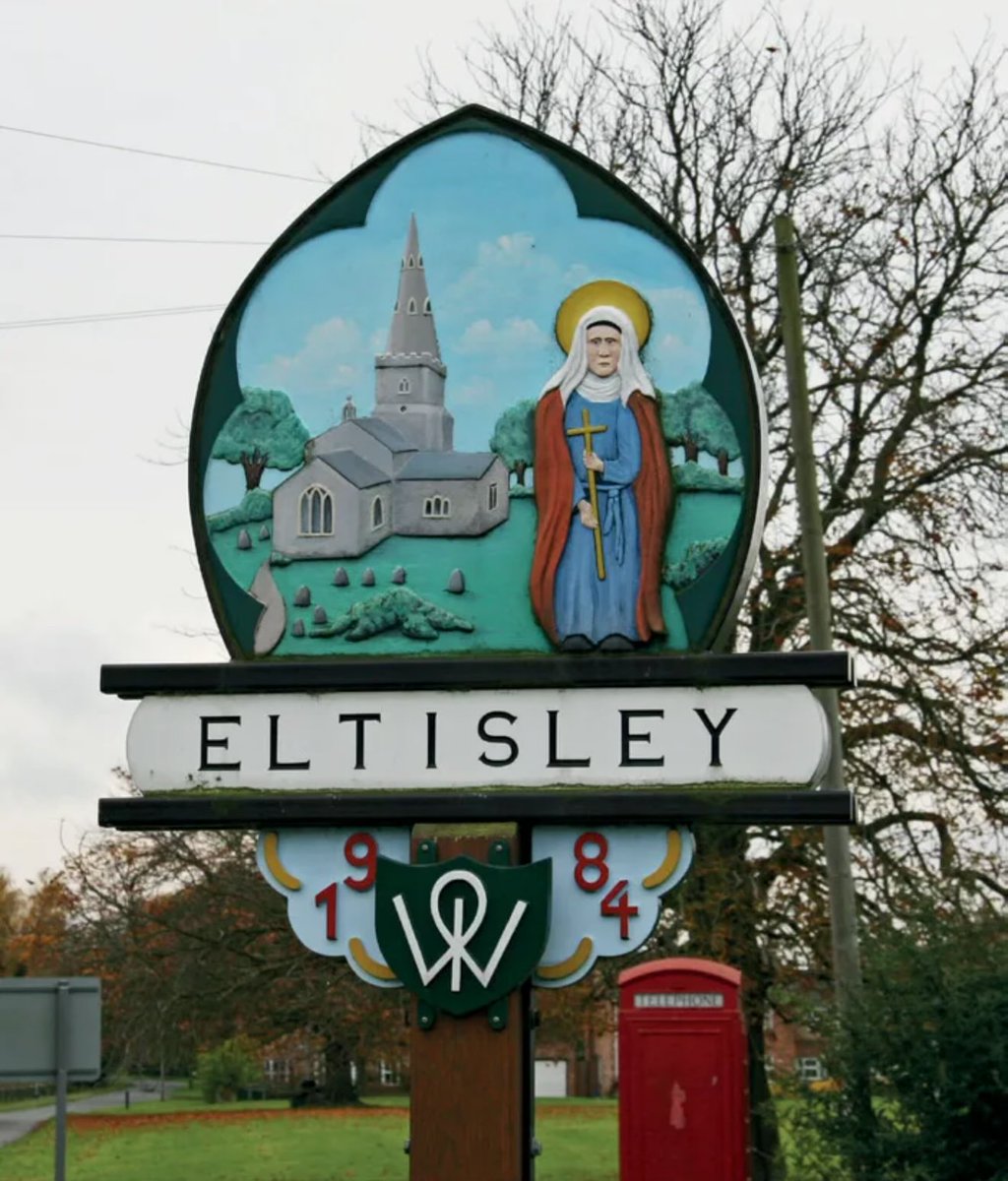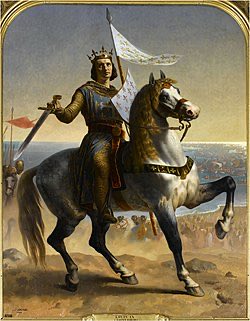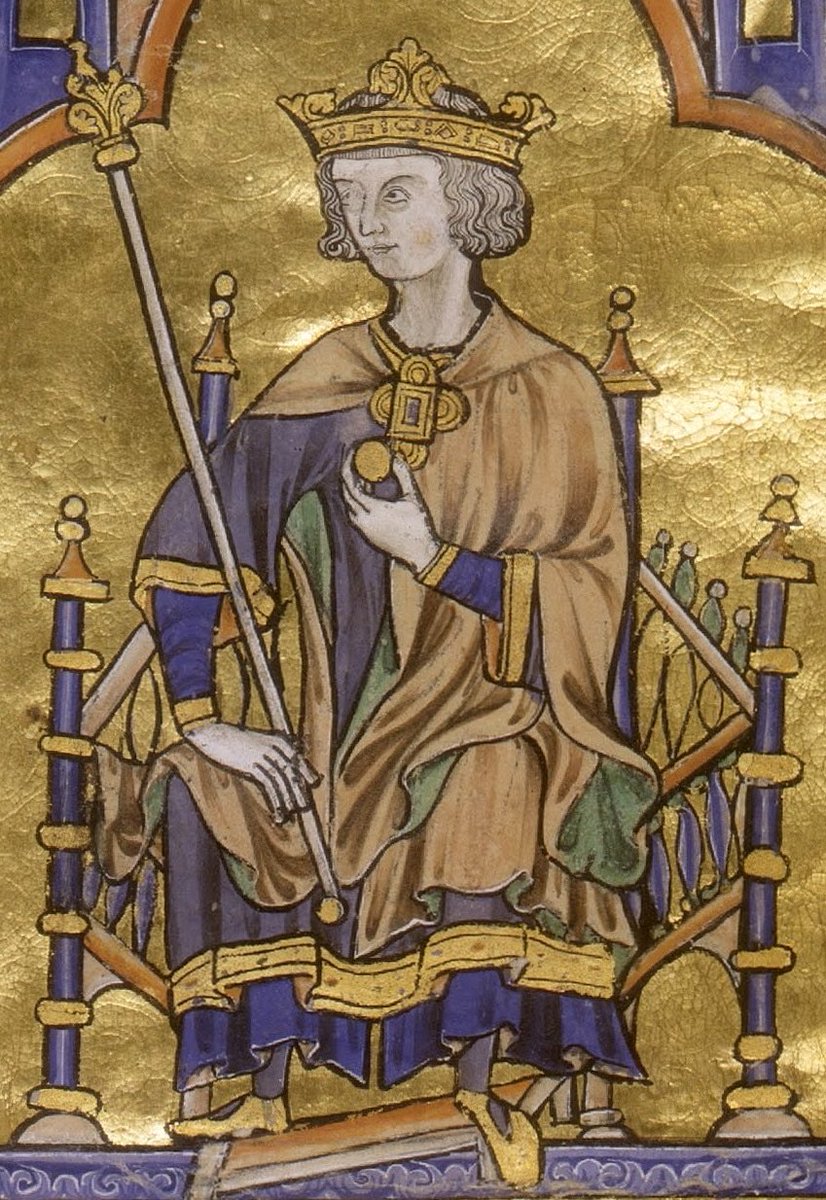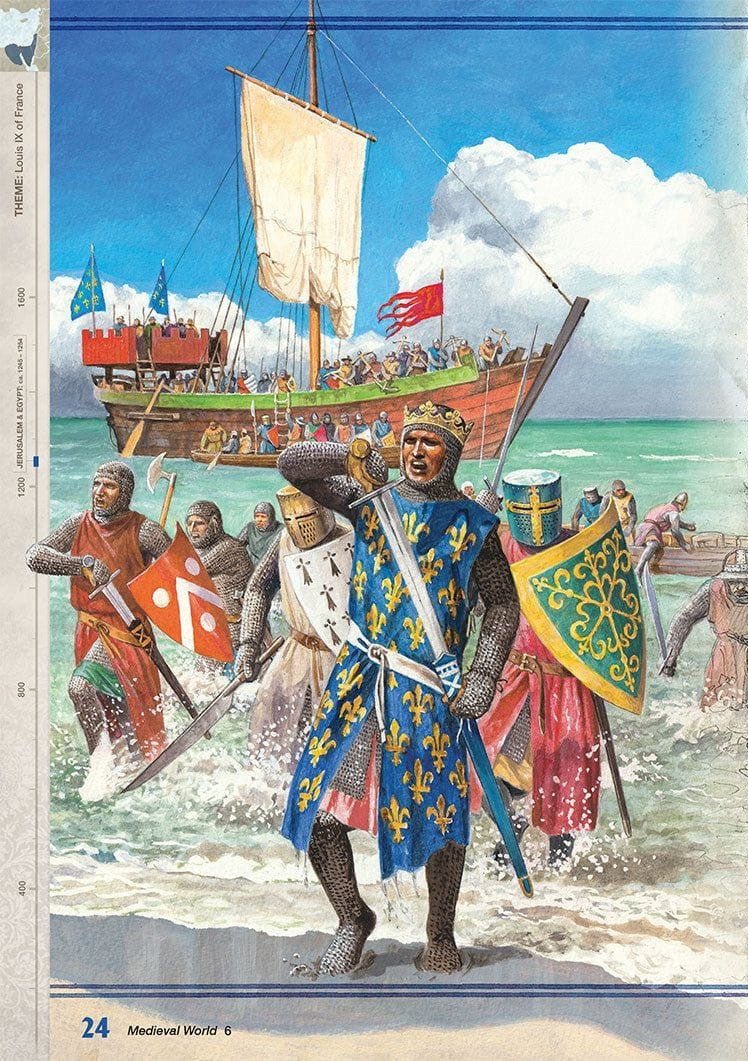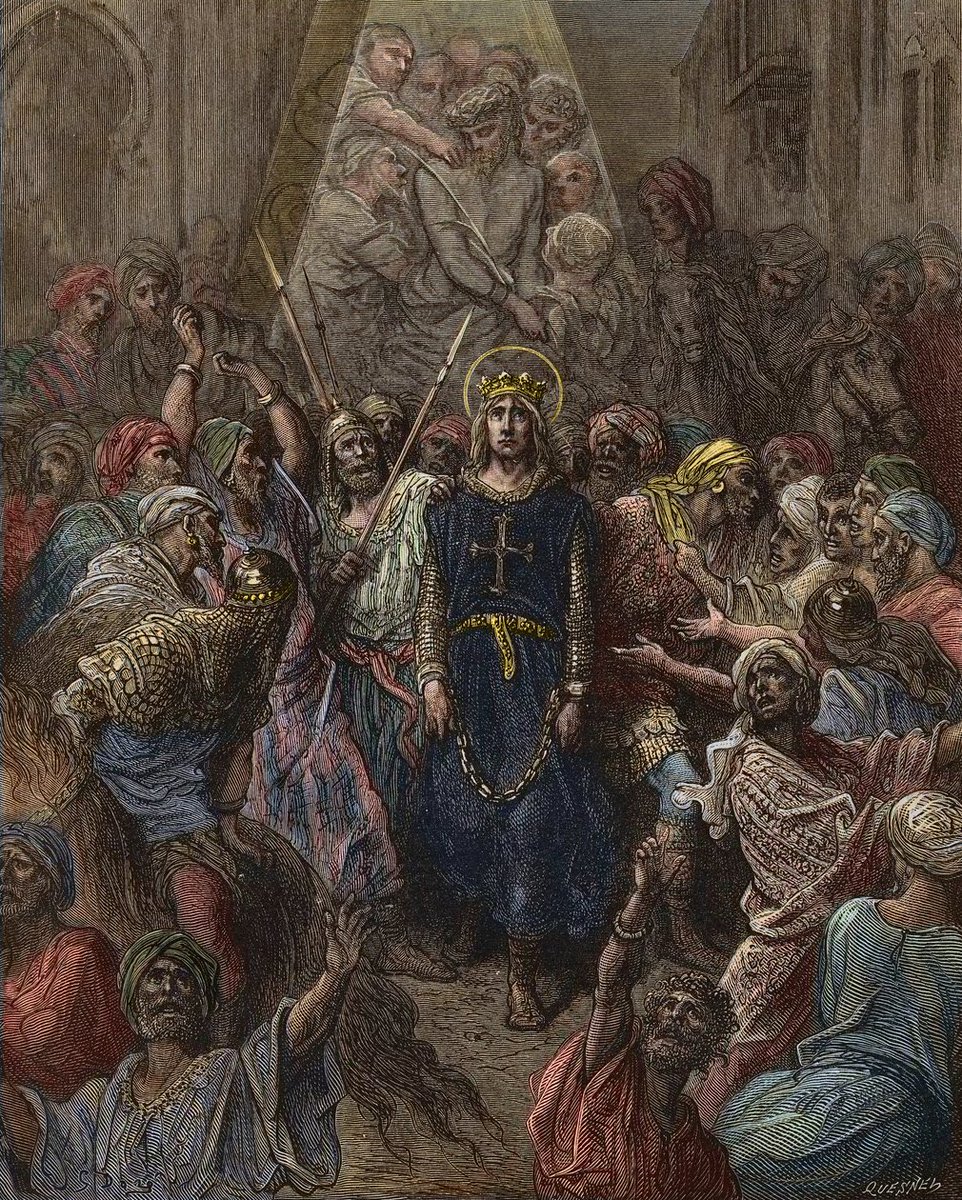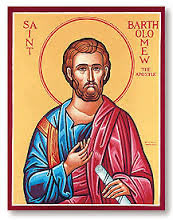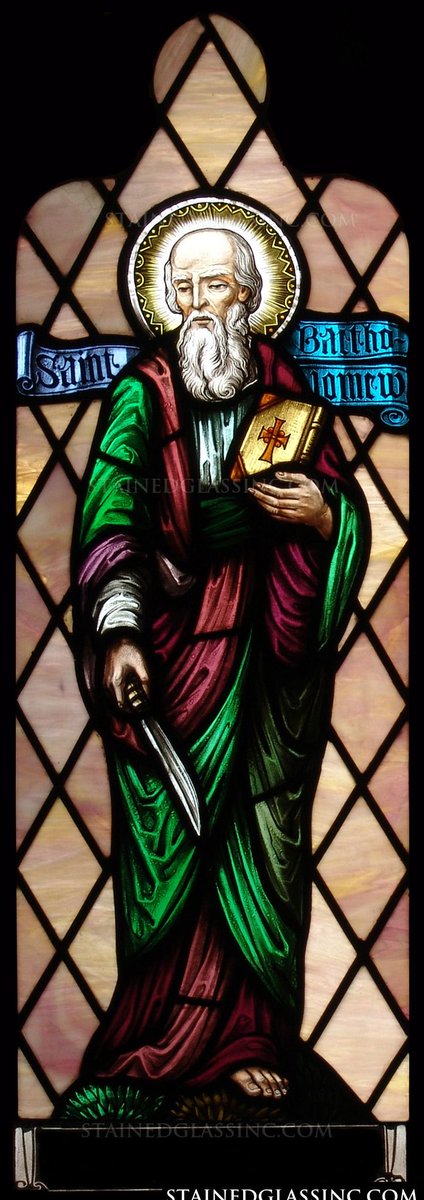✝️ Today in the Daily Office, we remember John the Baptist, who was a prophet and forerunner of Jesus Christ, known for baptising people in the Jordan River and preparing the way for the Messiah, who was ultimately beheaded by King Herod Antipas for criticising the king's unlawful marriage.
"He chose to despise the commands of a tyrant, rather than those of God. His example teaches us, that nothing should be dearer to us, than the will of God."
-Lanspergius the Carthusian
A 🧵
"He chose to despise the commands of a tyrant, rather than those of God. His example teaches us, that nothing should be dearer to us, than the will of God."
-Lanspergius the Carthusian
A 🧵
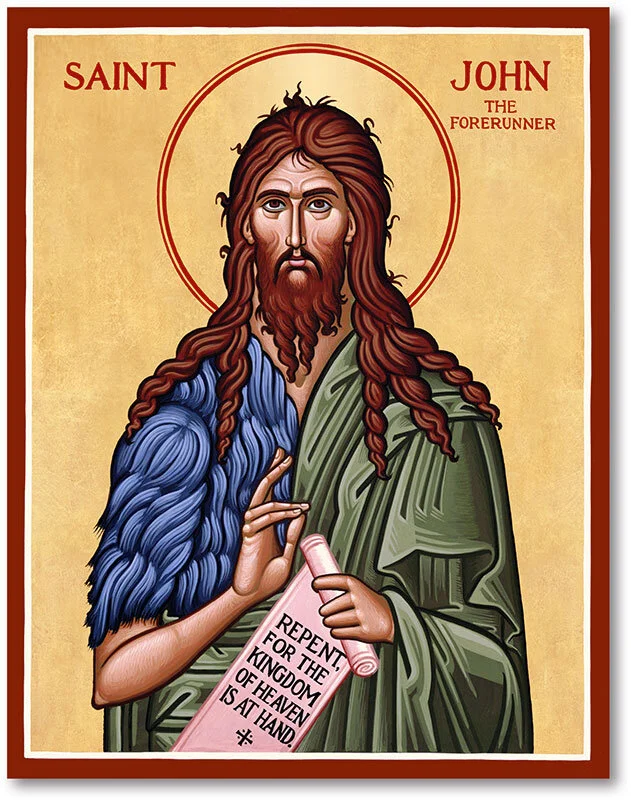
2/
He lived an austere life in the wilderness, wearing camel's hair and subsisting on locusts and wild honey.
And the same John had his raiment of camel's hair, and a leathern girdle about his loins; and his meat was locusts and wild honey. KJV Matthew 3:4
He lived an austere life in the wilderness, wearing camel's hair and subsisting on locusts and wild honey.
And the same John had his raiment of camel's hair, and a leathern girdle about his loins; and his meat was locusts and wild honey. KJV Matthew 3:4
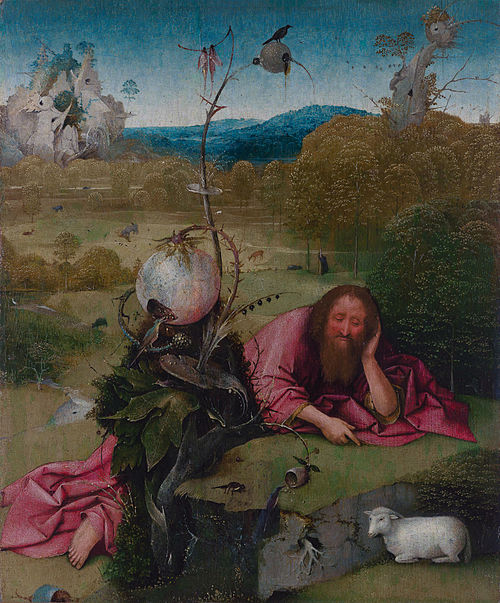
3/
John baptised Jesus and proclaimed him as the Messiah, saying "Behold, the Lamb of God"
The next day John seeth Jesus coming unto him, and saith, Behold the Lamb of God, which taketh away the sin of the world. KJV John 1:29
John baptised Jesus and proclaimed him as the Messiah, saying "Behold, the Lamb of God"
The next day John seeth Jesus coming unto him, and saith, Behold the Lamb of God, which taketh away the sin of the world. KJV John 1:29
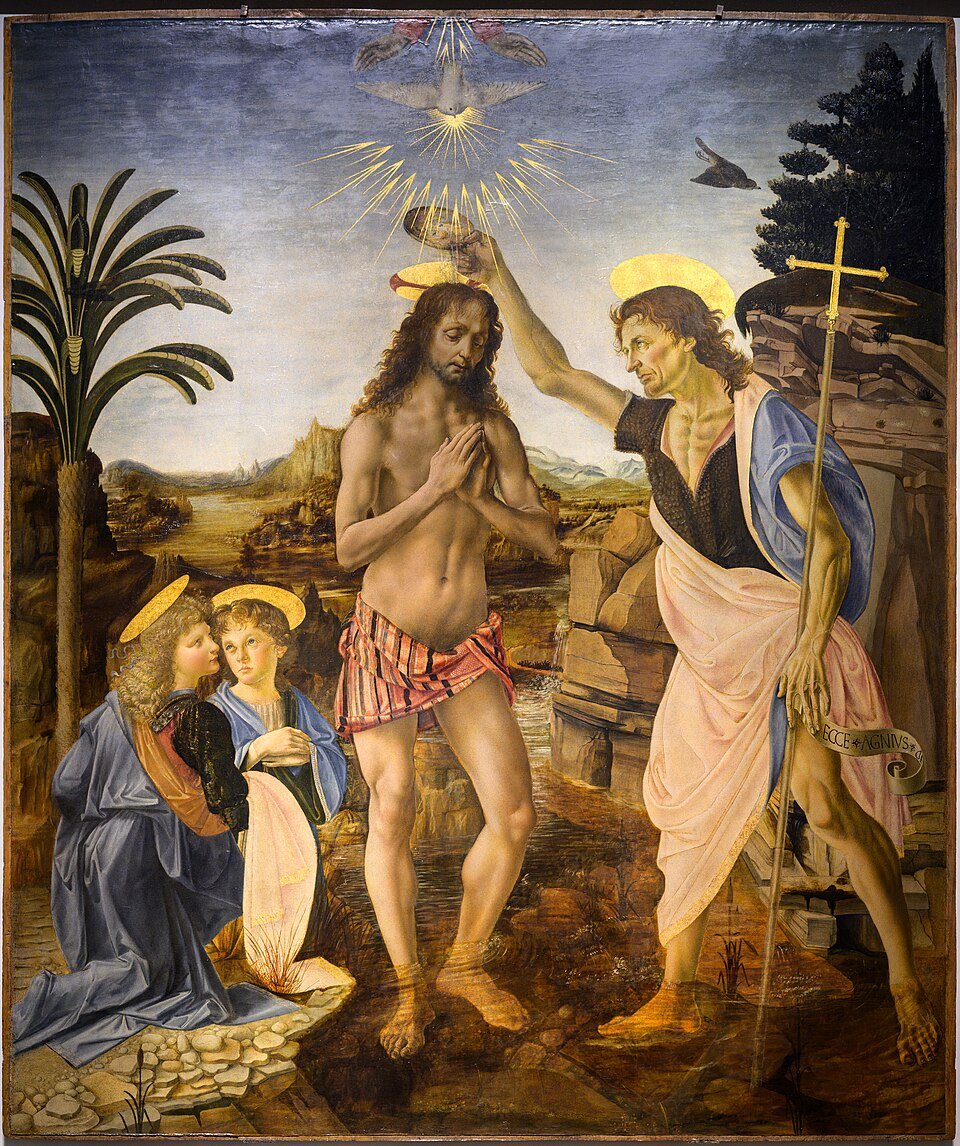
4/
He fearlessly confronted sin, including criticising King Herod Antipas for marrying his brother's wife Herodias.
For Herod had laid hold on John, and bound him, and put him in prison for Herodias' sake, his brother Philip's wife. For John said unto him, It is not lawful for thee to have her. KJV Matthew 14:3-4
He fearlessly confronted sin, including criticising King Herod Antipas for marrying his brother's wife Herodias.
For Herod had laid hold on John, and bound him, and put him in prison for Herodias' sake, his brother Philip's wife. For John said unto him, It is not lawful for thee to have her. KJV Matthew 14:3-4
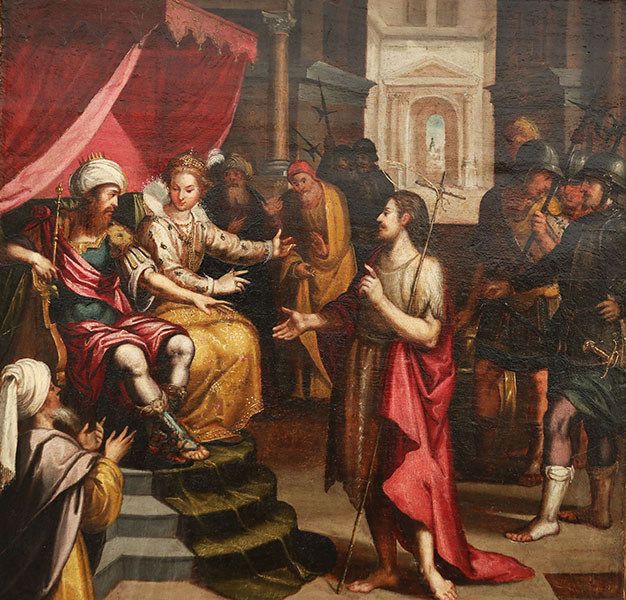
5/
John was imprisoned and ultimately beheaded on Herod's orders after Herodias' daughter requested his head as a reward.
John was imprisoned and ultimately beheaded on Herod's orders after Herodias' daughter requested his head as a reward.
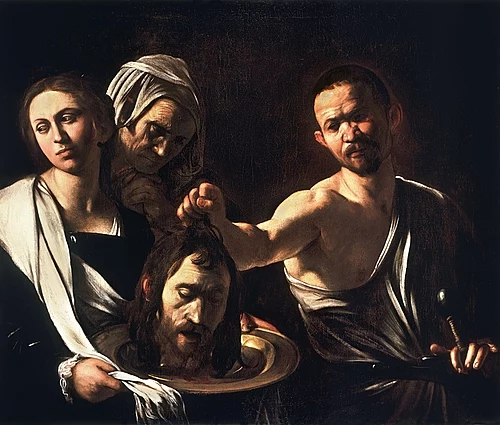
6/
His life and death exemplified devotion to God's truth and willingness to sacrifice for one's faith.
His life and death exemplified devotion to God's truth and willingness to sacrifice for one's faith.

7/
Traditions:
☦️In Eastern Orthodox and Eastern Catholic traditions, the feast day is observed with strict fasting, avoiding meat, dairy, fish, wine, and oil and in some Orthodox cultures, people avoid eating from flat plates, using knives, or consuming round foods on this day
🇺🇦In Ukraine, traditions include avoiding cutting round foods like cabbages, onions, and apples, as well as refraining from using platters and red foods/drinks and some Ukrainian traditions also involve avoiding dancing, singing, sewing, and tying on this day
🇷🇴In Romania, it is customary to avoid eating anything round or resembling a head, such as watermelon or cabbage
🇷🇺In Russia, some believers avoid using sharp objects like knives or axes on this day
🇬🇷In Greece, some Orthodox Christians refrain from serving food on platters and avoid red-coloured foods
🇪🇹In Ethiopia, the Feast of the Beheading of St. John the Baptist is celebrated on September 11 (August 29 in the Ethiopian calendar)
🇲🇹In Malta, the feast is celebrated with particular solemnity, as St. John the Baptist is the patron saint of the country
Traditions:
☦️In Eastern Orthodox and Eastern Catholic traditions, the feast day is observed with strict fasting, avoiding meat, dairy, fish, wine, and oil and in some Orthodox cultures, people avoid eating from flat plates, using knives, or consuming round foods on this day
🇺🇦In Ukraine, traditions include avoiding cutting round foods like cabbages, onions, and apples, as well as refraining from using platters and red foods/drinks and some Ukrainian traditions also involve avoiding dancing, singing, sewing, and tying on this day
🇷🇴In Romania, it is customary to avoid eating anything round or resembling a head, such as watermelon or cabbage
🇷🇺In Russia, some believers avoid using sharp objects like knives or axes on this day
🇬🇷In Greece, some Orthodox Christians refrain from serving food on platters and avoid red-coloured foods
🇪🇹In Ethiopia, the Feast of the Beheading of St. John the Baptist is celebrated on September 11 (August 29 in the Ethiopian calendar)
🇲🇹In Malta, the feast is celebrated with particular solemnity, as St. John the Baptist is the patron saint of the country
🙏🏻
O Almighty God,
who hast compassed us about
with so great a cloud of witnesses:
Grant that we,
encouraged by the good example
of thy servant John the Baptist,
may persevere in running the race
that is set before us,
until at length,
through thy mercy, we, with him,
may attain unto thine eternal joy;
through him who is the author
and finisher of our faith,
thy Son Jesus Christ our Lord,
who liveth and reigneth with thee,
in the unity of the Holy Ghost,
ever one God, world without end.
Amen
O Almighty God,
who hast compassed us about
with so great a cloud of witnesses:
Grant that we,
encouraged by the good example
of thy servant John the Baptist,
may persevere in running the race
that is set before us,
until at length,
through thy mercy, we, with him,
may attain unto thine eternal joy;
through him who is the author
and finisher of our faith,
thy Son Jesus Christ our Lord,
who liveth and reigneth with thee,
in the unity of the Holy Ghost,
ever one God, world without end.
Amen
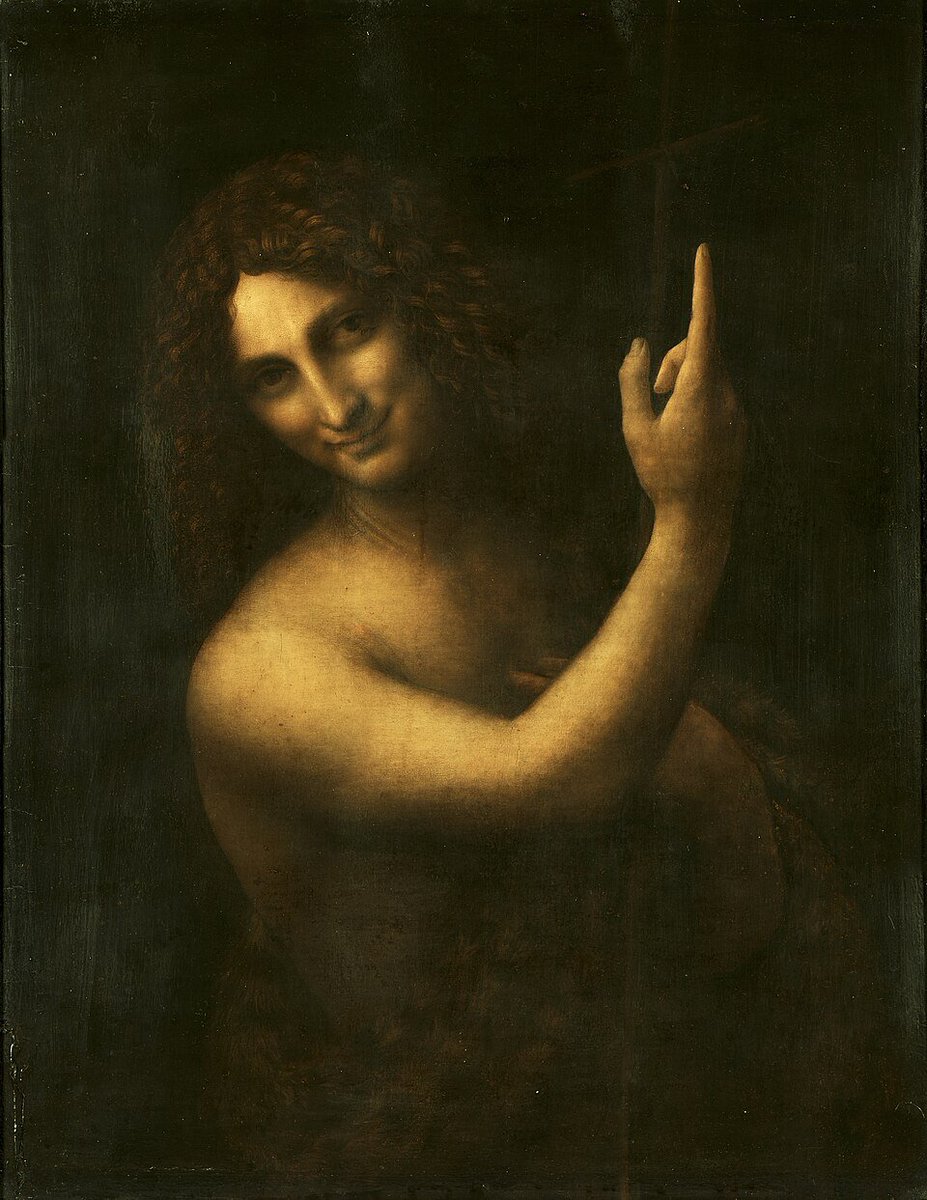
For more, see:
👉🏻 dailyoffice2019.com/commemorations…
👉🏻 dailyoffice2019.com/commemorations…
🚨We’re a church without a building right now.
🙋🏻♂️Can you help us?
⛪️We can do so much more to bring people to Jesus and to serve the community if we had a building of our own.
🥅Please donate or share to reach our goal.
Thank you.
🙏🏻
👉🏻 democracythree.org/saveachurch
🙋🏻♂️Can you help us?
⛪️We can do so much more to bring people to Jesus and to serve the community if we had a building of our own.
🥅Please donate or share to reach our goal.
Thank you.
🙏🏻
👉🏻 democracythree.org/saveachurch
@threadreaderapp unroll
• • •
Missing some Tweet in this thread? You can try to
force a refresh


